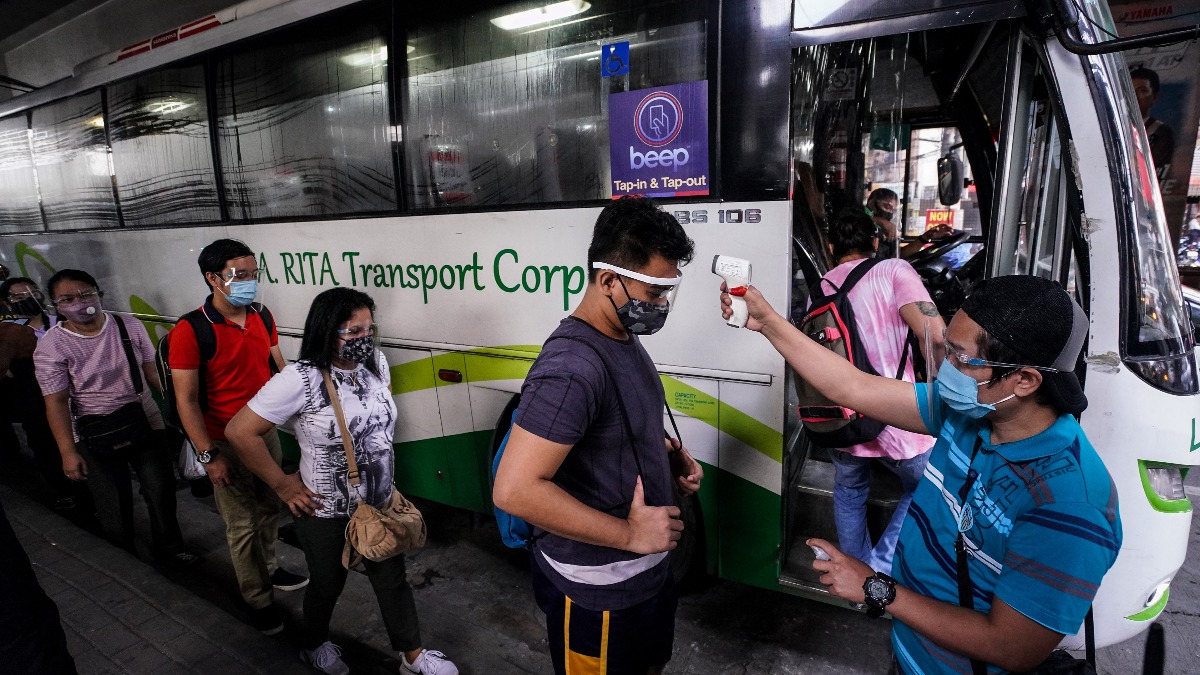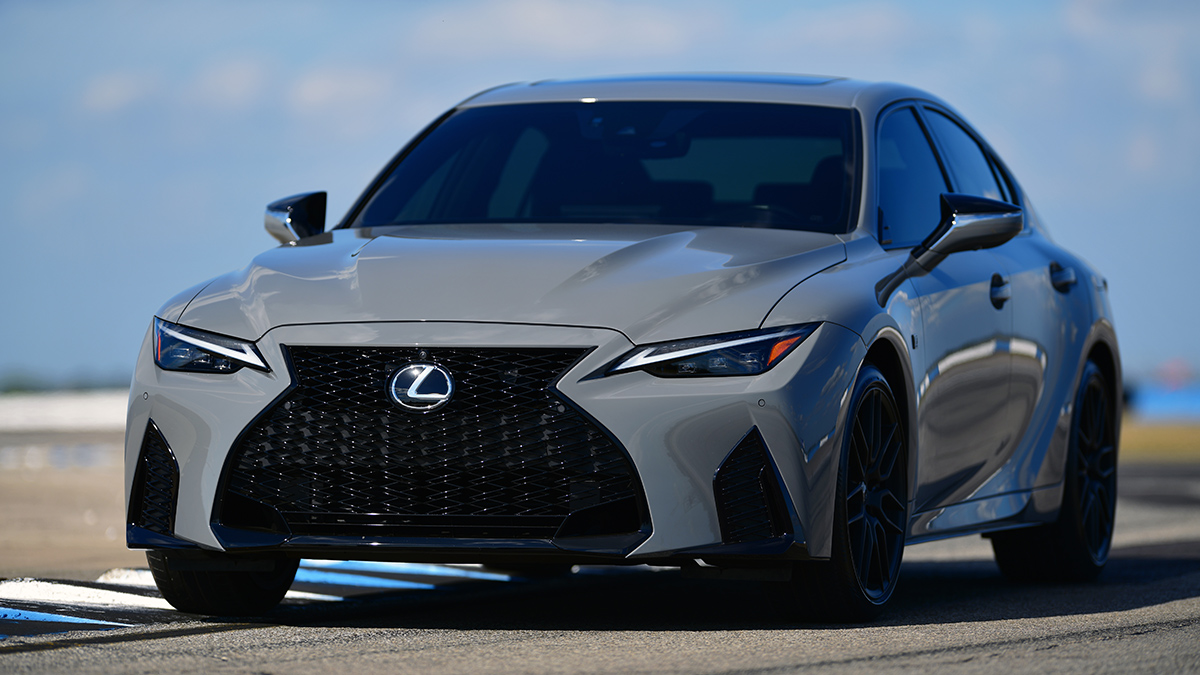Following the latest imposition of stricter health and safety measures in areas under general community quarantine (GCQ), the Department of Transportation has released a new advisory that includes updated transport policies covering Metro Manila, Bulacan, Cavite, Laguna, and Rizal. The guidelines are based on Resolution No. 104 issued by the Inter-Agency Task Force for the Management of Infectious Diseases (IATF) and have already been approved by President Rodrigo Duterte.
Most important details, first and foremost: The current passenger capacities for all types of public transport remain unchanged, and no leisure travel into or out of the collective GCQ bubble of Metro Manila, Bulacan, Cavite Laguna, and Rizal is allowed until April 4.
“Ang bubble natin, Metro Manila, Laguna, Bulacan, Cavite, at Rizal. So pwede kayo bumiyahe freely between Metro Manila and these provinces,” Presidential spokesperson Harry Roque said in a briefing on March 21. “Pero hindi pwedeng lumabas, hindi pwedeng pumasok.”
Limited Travel Into and Out of Metro Manila
According to the DOTr advisory, only authorized persons outside their residences (APOR) are allowed to travel into and out of Metro Manila and the aforementioned adjacent provinces.
The following are considered APOR:
- Essential workers (must present IDs showing place of work and place of residence)
- Health and emergency frontline services personnel
- Government officials and government frontline personnel
- Authorized workers tasked with providing humanitarian assistance
- Persons required to travel for medical and humanitarian needs
- Persons traveling to airports for essential travel abroad
- Persons crossing cities and towns to get to their place of work/business or their residence; these include persons traveling back home from leisure trips before the new restrictions were imposed, provided they are able to show proof of residence
- Returning overseas Filipinos (ROFs) and overseas Filipino workers (OFWs)
Pregnant women, persons aged below 18 and above 65, and those with immunodeficiency, comorbidity, and other health risks should stay at home unless for emergency purposes or to procure essential needs and services. Those above 65 may go outdoors for non-contact sports and other forms of outdoor exercieses, while persons with disabilities (PWD) are allowed outdoors for therapy or non-contact physical activities provided they can present a prescription from their physician or a PWD ID.
Note, too, that the 10pm-to-5am curfew remains in place, with only workers, cargo vehicles, and public transport being exempt.
Public Transport Safety Protocols
The following safety protocols on public transport are to be enforced:
- Passengers must wear face masks and face shields at all times.
- Avoid making phone calls.
- Strictly no eating.
- Public utility vehicles (PUVs) must be properly ventilated.
- Passengers are advised to disinfect their hands regularly.
- Persons who are exhibiting COVID-19 symptoms shall not be allowed to board public transport.
- Maintain physical distancing at all times.
The DOTr is also encouraging alternative mobility—bicycles or walking—whenever possible.
Other IATF Guidelines
Other important points in the latest IATF guidelines are as follows:
- Mass gatherings, including religious gatherings, are prohibited.
- Weddings, baptisms, and funeral services shall be limited to 10 persons.
- Restaurants may only provide take-out and delivery services; outdoor dining shall be allowed, subject to strict health protocols.
- Driving schools are among establishments that are currently not allowed to operate; other similarly affected businesses are traditional cinemas, arcades, libraries, museums, cultural centers, and indoor tourist spots.
- Visiting other households and other persons beyond one’s immediate family is strongly discouraged. The wearing of masks at home, especially in households with elderly or immunocompromised members, is strongly advised.
Finally, a reminder on face masks inside private vehicles: You can only take off your mask if you’re alone in a private car. Stay safe out there, everyone.












